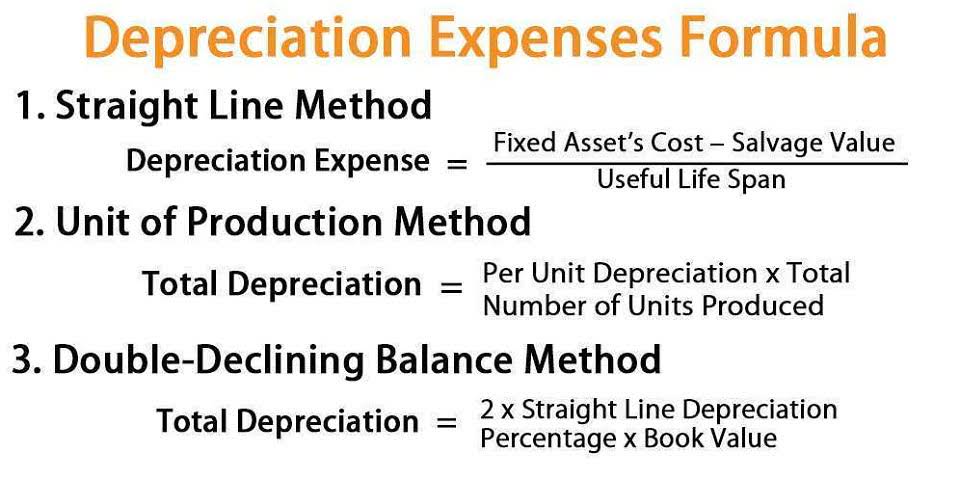
Revenue recognition in the oil and gas industry involves complex processes that require attention to detail and industry-specific knowledge. This chapter explores the unique aspects of revenue recognition in this sector, focusing on Joint Interest Billing, Production Sharing Agreements, and royalty calculations. Oil and gas accounting is fundamental to the industry’s efficient operation, regulatory compliance, and strategic decision-making. It ensures that financial information is accurate, transparent, and aligned with industry standards, contributing to the overall contra asset account integrity and sustainability of the oil and gas sector.
Financial, operational and production reporting for the oil and gas industry
This requires detailed tracking of volumes delivered and adherence to contractual terms, ensuring revenue is recorded in the correct accounting period. Additionally, performance obligations accounting for oil and gas companies must be clearly identified and measured to ascertain when they are satisfied, which can be particularly challenging given the contingent nature of many oil and gas transactions. Initially, the oil company, often referred to as the contractor, bears all exploration and development costs. These costs are recoverable from the production, known as “cost oil,” once commercial production begins.
Best Practices in Oil and Gas Accounting

Due to the sector’s unique operational structure — which includes exploration, drilling, production, and distribution — standard accounting methods are adapted to meet industry-specific requirements. One of the unique aspects of taxation in this sector is the concept of “ring-fencing,” where the tax liabilities of a company’s oil and gas operations are isolated from its other business activities. This prevents companies from offsetting losses in other sectors against profits from oil and gas operations, thereby ensuring that the government captures a fair share of the resource rents.
- By adhering to best practices and leveraging industry-specific knowledge, accountants contribute to the long-term success and sustainability of oil and gas operations.
- This section dives into the changes in the key accounting issues due to the new revenue recognition standard.
- Companies often rely on discounted cash flow (DCF) analysis, a method projecting future cash flows and discounting them to present value using a weighted average cost of capital (WACC).
- This annual publication provides an update on accounting, tax, and regulatory matters relevant to the oil and gas industry.
- The accounting for AROs begins with the initial recognition of the obligation at the time the asset is installed or when the obligation is incurred.
Development
This estimation process involves significant judgment and can impact the timing and amount of revenue recognized. Advanced software tools like SAP S/4HANA and Oracle’s Oil and Gas Accounting solutions are often employed to manage these complexities, providing real-time data and analytics to support accurate revenue recognition. One of the primary considerations in revenue recognition is the point at which control of the product is transferred to the customer.
- These policies should detail which costs are eligible for capitalization and prescribe the method and rates of depreciation, considering both the physical life of the asset and the reserve depletion rate.
- Accounting for oil and gas industry presents unique challenges that demand specialized knowledge and robust systems.
- This includes formal training sessions, staying connected to industry associations, participating in webinars, and fostering a culture of knowledge sharing within the organization.
- Companies should expense unsuccessful exploration costs immediately, while they can capitalize successful efforts.
- The Securities and Exchange Commission (SEC) mandates annual disclosure of proved reserves.
By tailoring a cloud solution that fits your business needs, business leaders will have the data that can help support critical business decisions and fuel growth. We’re here to meet all your accounting needs, providing clarity and insights to help you make decisions that propel your business forward. Stakeholders rely on financial statements to assess the financial health of oil and gas companies. Proper accounting practices build trust among investors, regulators, and the public, fostering confidence in the industry.


Even amid calls for decarbonization, traditional oil https://ld-wp73.template-help.com/imperion/imperion/2020/08/11/individual-tax-filing-internal-revenue-service/ and gas companies will remain critical to the world economy for decades to come. To meet today’s challenges, and anticipate tomorrow’s, you need a partner that truly understands both the past and the future of the energy industry. This broad perspective gives our clients access to the insights they need in a changing market. Oil and gas accountants contribute to strategic planning initiatives by providing financial analysis and forecasting.